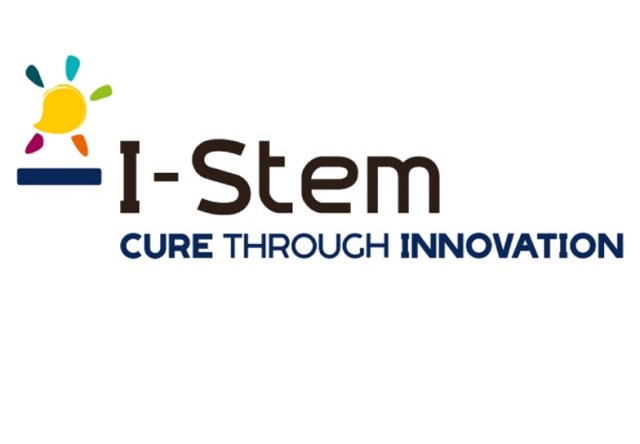I-Stem

The Institute for Stem cell Therapy and Exploration of Monogenic diseases (I-Stem), established on 1st January 2005, is a research and development center dedicated to the development of treatments based on the potential offered by pluripotent stem cells and applicable to rare diseases of genetic origin. I-Stem is composed of two separate administrative entities of roughly equal size, one associated with public institutions (Inserm / UEVE 861) and one directly related to the AFM Telethon (CECS, the Center for the Study of Stem Cells). However, there is no separation between the two entities at the functional level and the Institute I-Stem is presented as a set of teams in which staff work related to either one or the other administrative structures. The Institute has an executive management consists of a Scientific Director (Marc Peschanski), a CEO (Raymond Zakhia), and a board of directors that includes all team leaders and programs, scientific and administrative .
Defined by three keywords, “therapeutics”, “monogenic diseases” and “pluripotent stem cells”, the field of activity of I-Stem extends from basic research to the pathological mechanisms and transfer of new therapies to clinical research. Programs of each of the research teams are devoted either to a set of genetic diseases or the development of new technologies. Currently, the major pathological indications studied concern diseases of muscle, neurons, skin, retina, neurodegenerative diseases and those associated with developmental abnormalities of the cerebral cortex or neural crest and diseases characterized by accelerated aging. Research teams explore technological tools, especially cell production in bulk and screening of chemical compounds. Research teams permanently interact with each other around common projects around the technological platforms that are shared.
I-Stem teams are involved in collaborative networks with many research teams both academic and industrial, in programs concerning various aspects of the therapeutic use of pluripotent stem cells. They participate in particular to two large national infrastructures (IngeStem and Neuratris) and several European networks, and research and development consortia funded in particular by OSEO and ANR.
I-Stem developed since its inception a significant activity in formation and training, from introductory tours for the general public to a three-month course for colleagues interested in technology transfer (“iPS workshop “, to training of students and internship students (Masters 1 and 2), supervision of PhD theses and post-doctoral students.